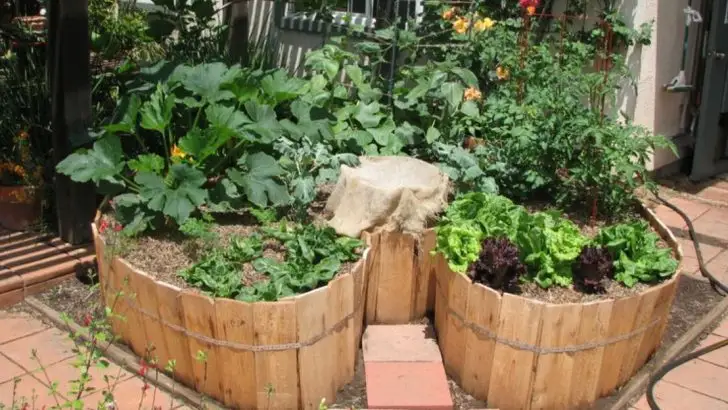A keyhole garden is an innovative and sustainable gardening method that maximizes space, reduces waste, and conserves water. Shaped like a keyhole, this garden design allows for easy access to all areas without the need for bending or walking through the planting beds. The center of the garden is typically a composting basket, which nourishes the plants with nutrients while also minimizing the need for chemical fertilizers.
With 17 amazing benefits, keyhole gardens provide everything from better soil aeration to reduced water usage. This gardening technique is perfect for those with limited space or who want to implement an eco-friendly garden solution. Whether you’re a beginner or experienced gardener, a keyhole garden can help you grow healthier, more abundant crops with less effort. Learn why this garden design is taking the world by storm and how it could transform your own backyard.
Efficient Water Usage
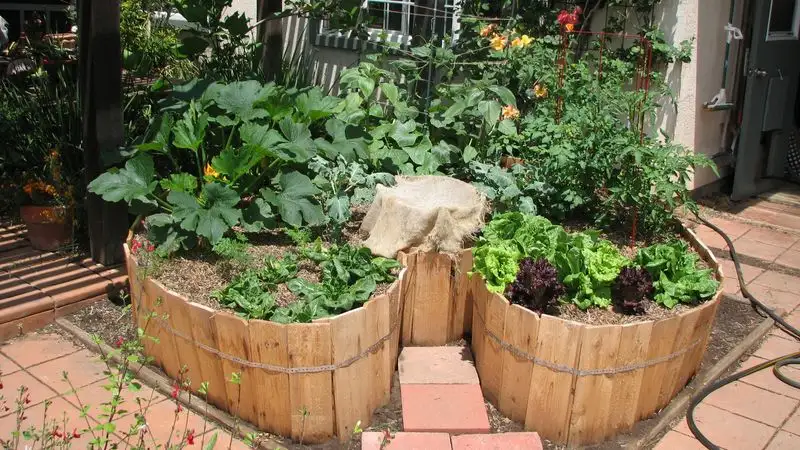
Water scarcity challenges many gardeners, but the design of keyhole gardens revolutionizes how to conserve this vital resource. The central composting basket not only enriches the soil but also acts as a water reservoir, distributing moisture evenly. This thoughtful setup ensures plants receive adequate hydration without excessive water use. Moreover, the raised bed structure minimizes runoff, capturing rainwater effectively. This makes keyhole gardens ideal for areas prone to drought, as they can maintain plant health with minimal water. Through this method, gardeners can enjoy lush crops while contributing to water conservation.
Space Optimization
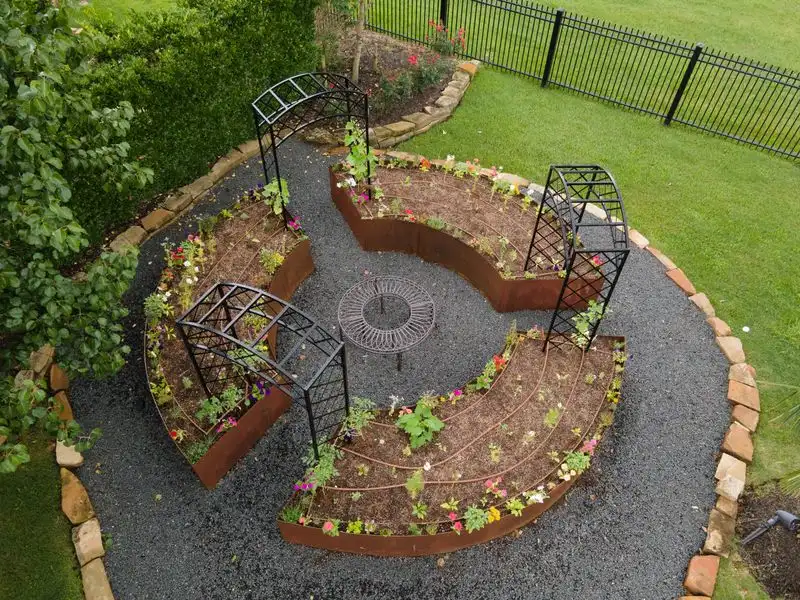
In urban settings, space is often a luxury. Keyhole gardens address this by offering a compact yet highly productive growing area. Their circular design allows maximum planting within a limited footprint, making them perfect for small yards. By elevating the garden bed, you can cultivate a variety of plants in layers, utilizing vertical space effectively. This innovative approach not only maximizes yield but also enhances the visual appeal of your garden. Even if your available area is small, a keyhole garden allows you to grow diverse crops successfully and efficiently.
Year-Round Fertility
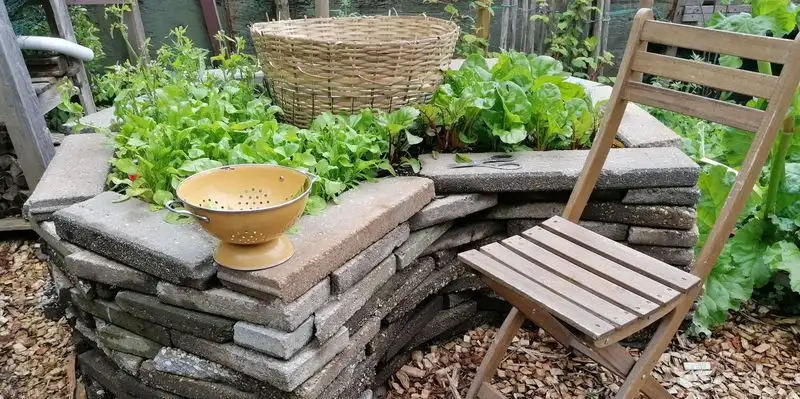
The secret to continuous fertility in a keyhole garden lies in its unique design. The central composting unit breaks down kitchen scraps, constantly replenishing the soil with nutrients. This ongoing cycle ensures that your garden remains fertile throughout the year, reducing the need for external fertilizers. With each layer of compost added, the soil becomes richer, providing an ideal environment for plants to thrive. This sustainable fertility model supports a variety of crops, allowing gardeners to enjoy fresh produce regardless of the season, all while maintaining healthy soil conditions.
Accessibility for All
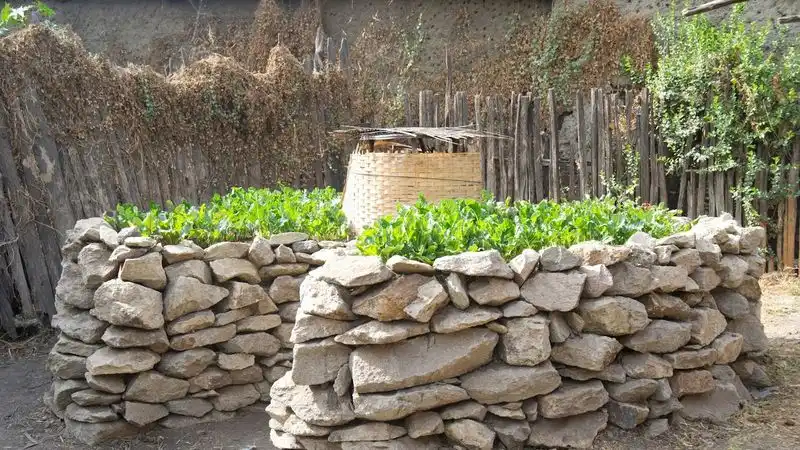
Gardening should be accessible to everyone, and keyhole gardens make this possible with their ergonomic design. Raised beds mean less bending and kneeling, reducing strain on the body, especially beneficial for older adults or those with mobility issues. The circular shape allows easy reach from all angles, ensuring every plant is within accessible distance. This makes gardening more inclusive, offering a way for people of all ages and abilities to engage in growing their own food. Enjoy the therapeutic benefits of gardening without the physical discomfort often associated with traditional methods.
Improved Soil Health
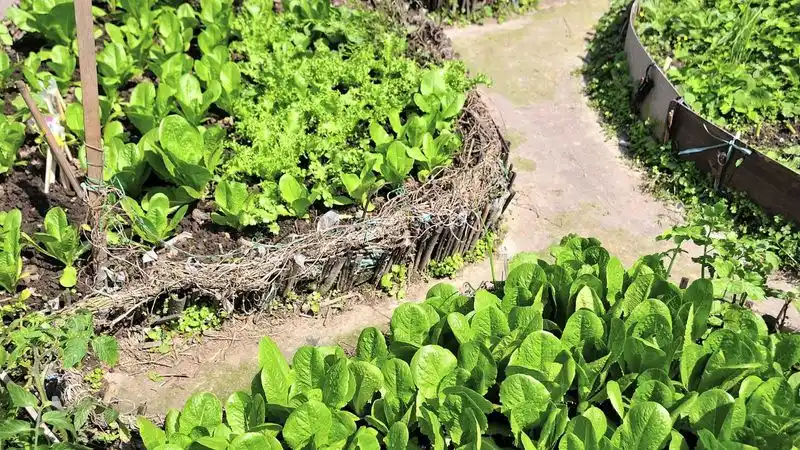
Healthy soil is the foundation of a thriving garden, and keyhole gardens excel in this aspect. The central composting feature gradually enriches the soil, enhancing its structure and nutrient content. This natural amendment process improves soil aeration and drainage, creating optimal conditions for root development. As organic matter breaks down, it attracts beneficial microorganisms, further boosting soil health. By maintaining a balanced ecosystem within the garden, plants grow stronger and more resilient. The result is a sustainable and vibrant garden, where soil vitality translates directly into bountiful harvests.
Sustainable Gardening
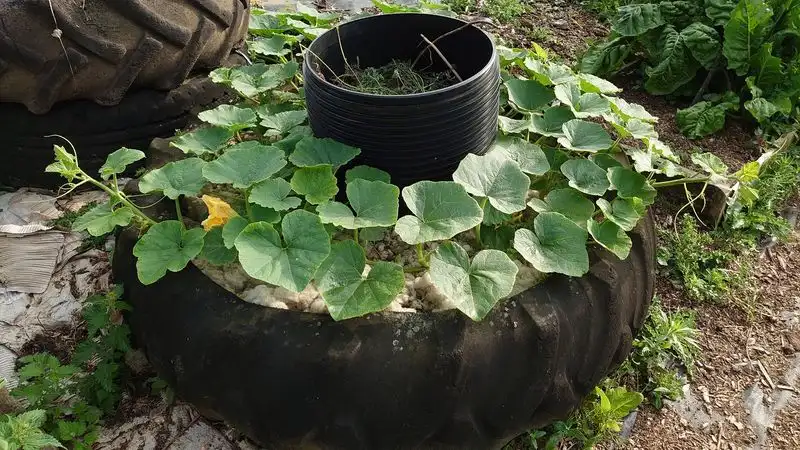
Sustainability is at the heart of keyhole gardens, offering a holistic approach to gardening that benefits both the environment and the gardener. By recycling kitchen waste into valuable compost, these gardens minimize waste and reduce reliance on synthetic fertilizers. The water-efficient design further supports environmental conservation, making them ideal for eco-conscious individuals. Additionally, keyhole gardens encourage biodiversity by nurturing various plants within a small space. This sustainable model not only yields abundant produce but also fosters a harmonious relationship with nature, promoting practices that are beneficial for future generations.
Pest Control
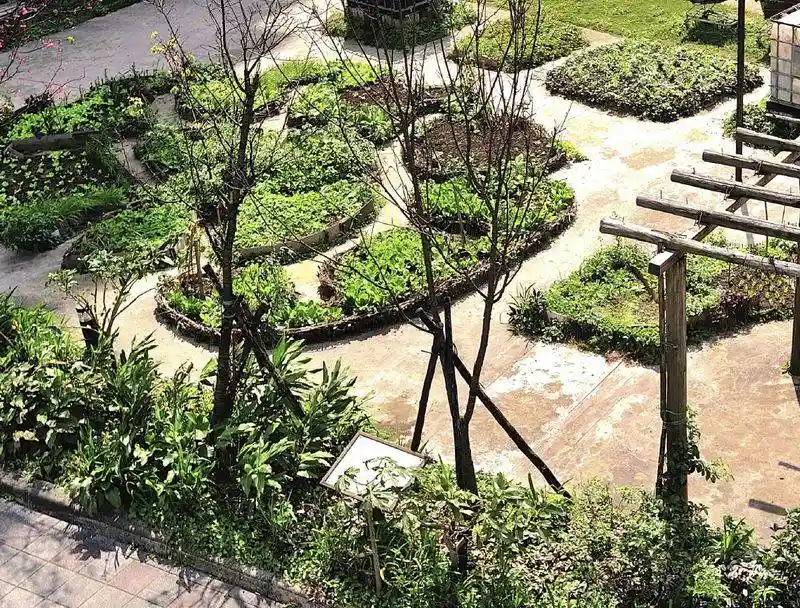
Managing pests is a common challenge, but keyhole gardens offer natural solutions. By incorporating companion planting, you can deter unwanted insects while promoting beneficial ones. For instance, planting marigolds can repel nematodes, while garlic deters aphids. The diverse plant ecosystem within a keyhole garden also confuses pests, making it harder for them to target specific plants. Composting materials may attract beneficial insects like ladybugs, which naturally control pests. By fostering a balanced ecological environment, keyhole gardens provide a resilient defense against pests, reducing the need for chemical pesticides and enhancing garden health.
Enhanced Plant Growth
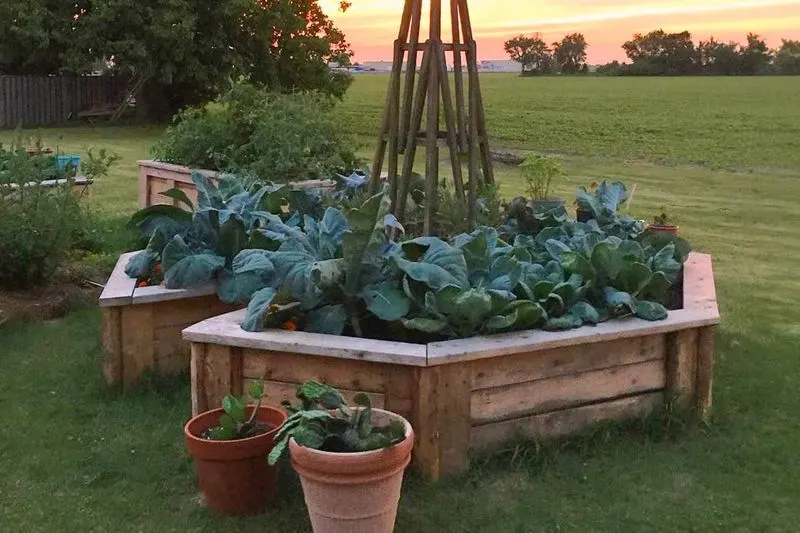
The nurturing environment of a keyhole garden significantly boosts plant growth. The nutrient-rich compost continuously feeds the soil, providing essential minerals and vitamins that plants need. This fosters robust root development and vigorous plant growth. Moreover, the unique microclimate created by the garden’s layout shields plants from harsh external conditions, promoting steady growth. Consistent moisture levels and optimal soil conditions further enhance plant vitality. With these advantages, plants are not only healthier but also produce more bountiful yields, making keyhole gardens a formidable choice for productive home gardening.
Climate Resilience
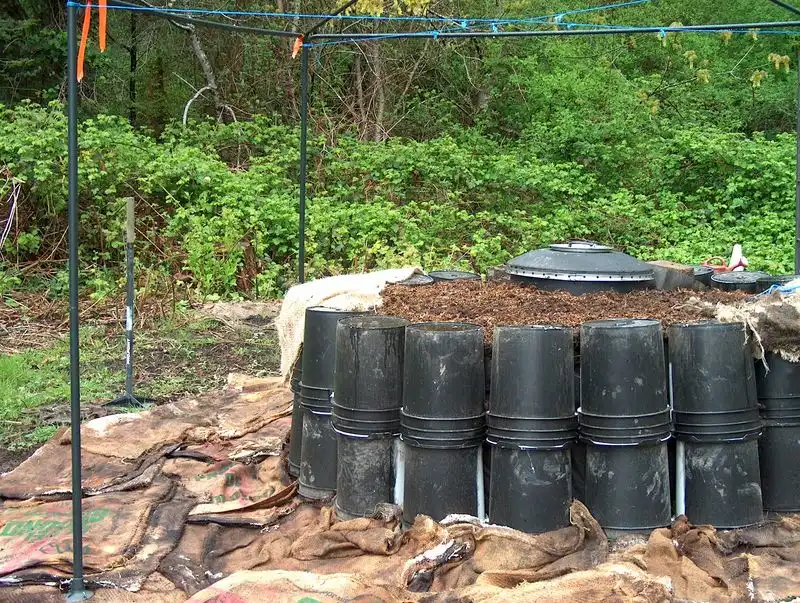
Adaptability to climatic variations is a key benefit of keyhole gardens. Their design naturally insulates plants from temperature extremes, protecting roots from excessive heat or cold. The composting process generates heat, providing additional warmth during cooler months. This resilience ensures that plants continue to thrive despite fluctuations in weather conditions. Furthermore, the efficient water management system supports plant health during dry spells, making keyhole gardens suitable for various climates. By creating a stable environment, these gardens help mitigate the impacts of climate change, providing a reliable source of fresh produce year-round.
Aesthetic Appeal
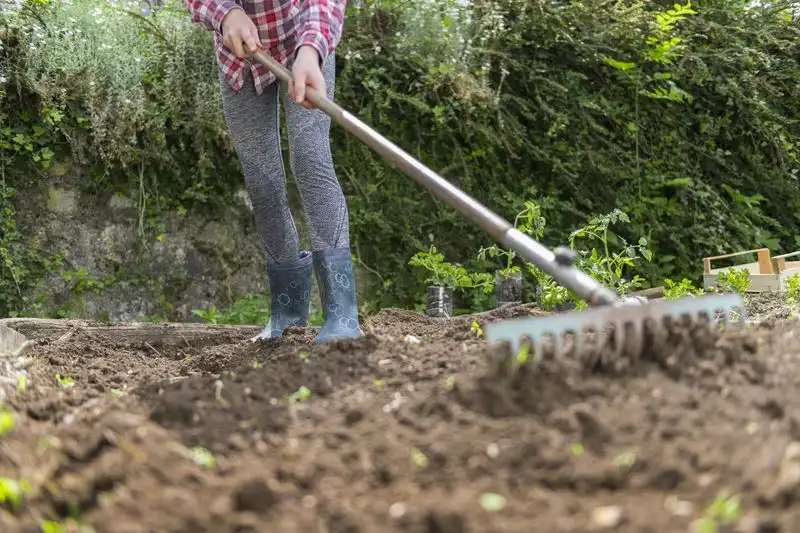
Beyond their practicality, keyhole gardens offer visual charm that enhances any outdoor space. The circular design and lush greenery create an eye-catching focal point, blending functionality with beauty. Planting a variety of flowers alongside vegetables can add bursts of color, making your garden not just productive but also visually pleasing. This aesthetic appeal can transform a mundane backyard into a vibrant retreat. Whether you’re entertaining guests or enjoying a quiet moment outdoors, a keyhole garden adds a touch of elegance and tranquility to your surroundings, showcasing the harmony between form and function.
Cost-Effective Gardening
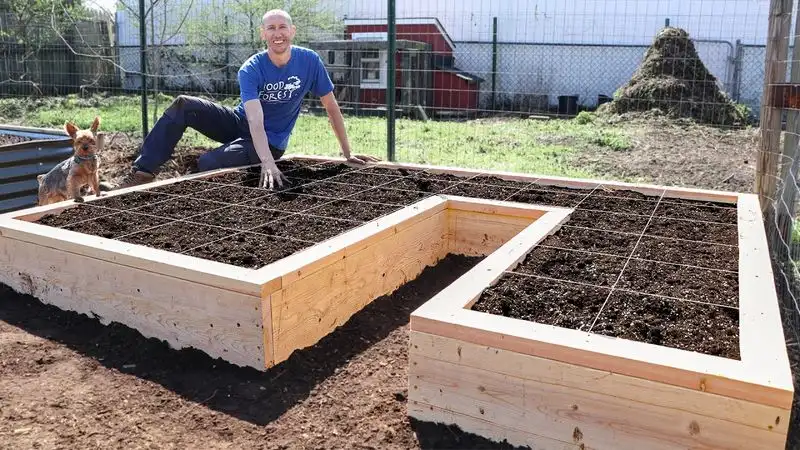
Gardening can be an expensive hobby, but keyhole gardens offer a budget-friendly alternative. Their self-sustaining nature reduces the need for costly fertilizers and chemical pesticides. By recycling kitchen waste into compost, you save on purchasing soil amendments. Furthermore, the efficient water usage minimizes water bills, especially in drought-prone areas. The initial investment in building a keyhole garden pays off as you enjoy a continuous supply of fresh produce, reducing grocery costs. For those looking to cultivate a fruitful garden without breaking the bank, keyhole gardens provide a rewarding and economical solution.
Educational Opportunities
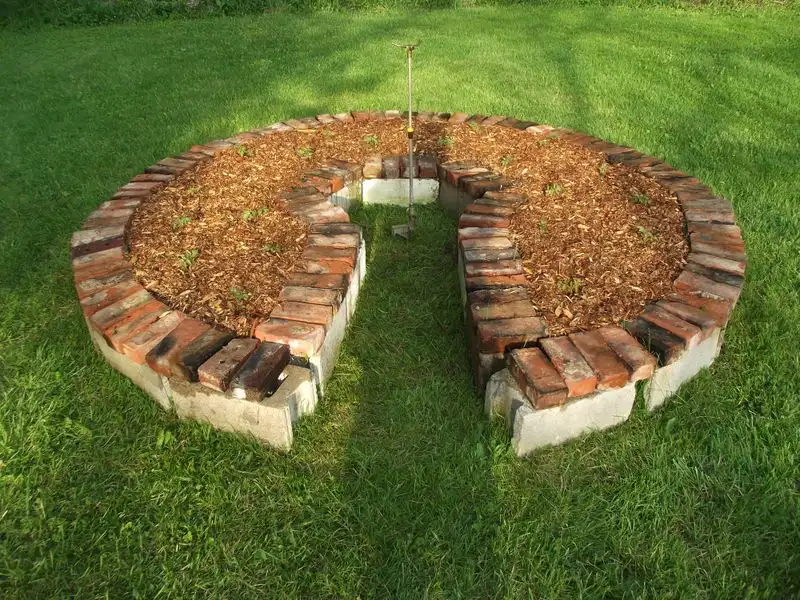
Keyhole gardens serve as excellent educational tools, offering hands-on learning experiences about sustainability and horticulture. They provide a practical demonstration of composting, water conservation, and plant biology, making them ideal for schools and community centers. Observing the garden’s ecosystem in action can spark curiosity and inspire future generations to adopt sustainable practices. By engaging with the garden, children and adults alike can gain valuable insights into the natural world and the importance of environmental stewardship. These gardens offer a dynamic, interactive platform for learning, fostering a deeper connection to nature.
Community Building
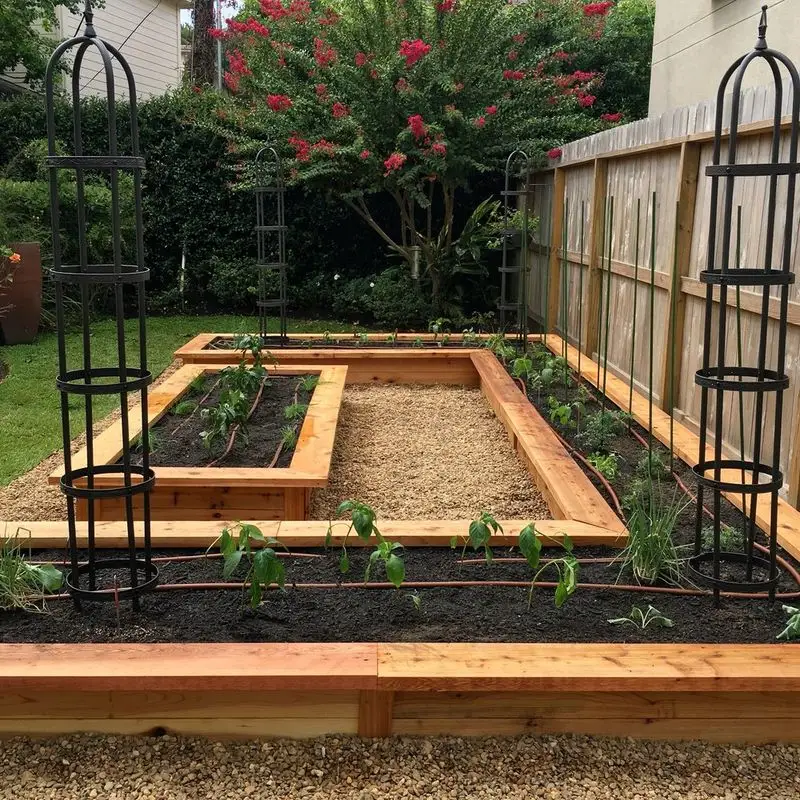
Beyond individual benefits, keyhole gardens can strengthen community ties. By establishing a communal garden, neighbors can collaborate on a shared project, fostering cooperation and camaraderie. This collective effort not only enhances the local environment but also promotes social interaction and cultural exchange. Working together in a garden setting breaks down barriers, as people from diverse backgrounds unite with a common goal. Such initiatives can transform vacant lots into productive spaces, bringing greenery to urban areas while nurturing a sense of community spirit and pride. Keyhole gardens thus serve as a catalyst for building stronger communities.
Personal Satisfaction
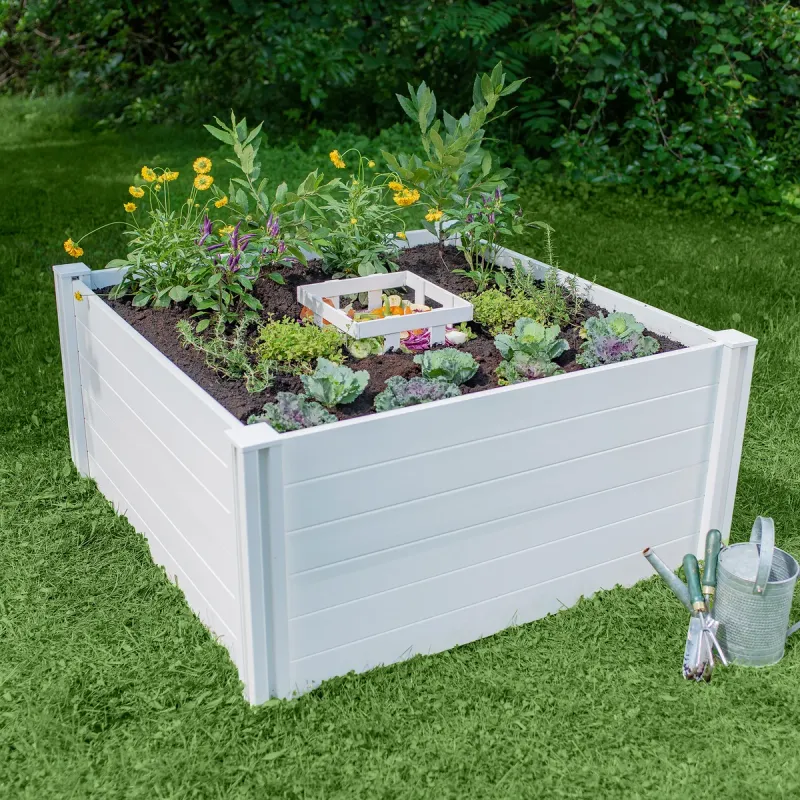
There’s a profound sense of accomplishment that comes from tending to a keyhole garden. Watching plants grow and flourish under your care provides immense personal satisfaction. The act of nurturing a garden cultivates patience and mindfulness, rewarding gardeners with fresh produce and a deeper appreciation for nature. Harvesting the fruits of your labor not only fills your table with homegrown food but also a sense of pride and achievement. This personal connection to your garden can enhance well-being, offering a fulfilling and peaceful respite from the everyday hustle and bustle.
Environmental Impact
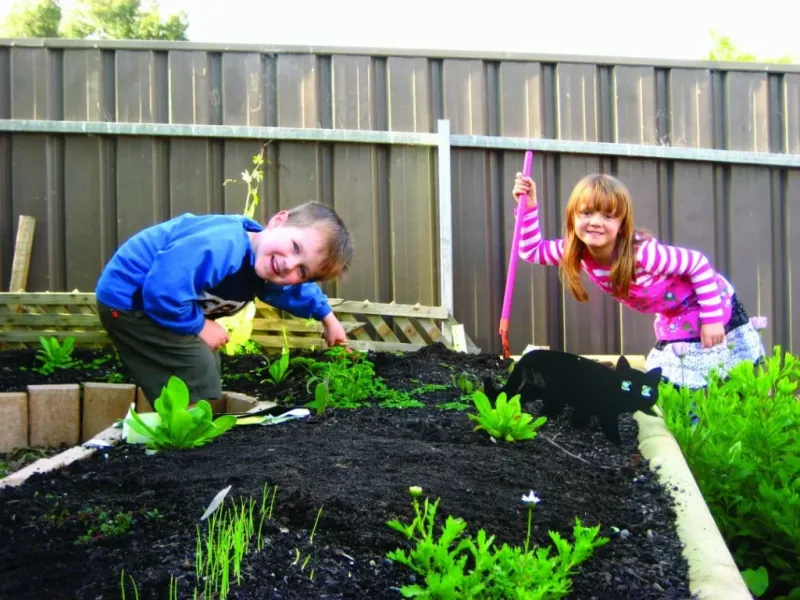
Keyhole gardens offer a positive environmental impact, aligning with sustainable living principles. By recycling organic waste into compost, they reduce landfill contributions and greenhouse gas emissions. The efficient use of water and natural pest control methods further lessen environmental strain. These gardens promote biodiversity, supporting a range of plant and insect species, which in turn enhances local ecosystems. By adopting a keyhole garden, you actively participate in conservation efforts, contributing to a healthier planet. This eco-friendly approach supports sustainable living, providing both personal and environmental benefits that extend beyond the garden.
Versatility
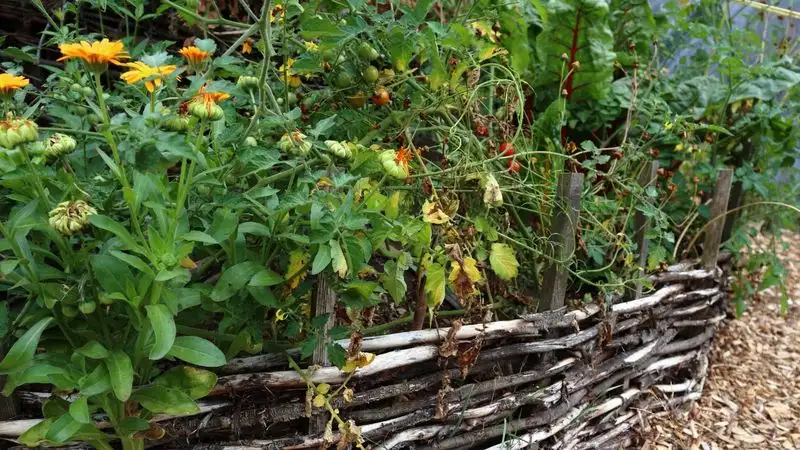
Keyhole gardens are known for their versatility, adapting to various climates, spaces, and plant types. Whether in a desert landscape or a temperate zone, their robust design can accommodate diverse environmental conditions. The compact structure fits well in limited spaces, making them suitable for both urban and rural settings. You can tailor plant choices to suit local climates, ensuring successful growth. This adaptability makes keyhole gardens a universal solution for gardeners worldwide, offering a flexible approach to sustainable gardening. Embrace the diversity of plants and settings with this innovative gardening method.
Mental Well-being
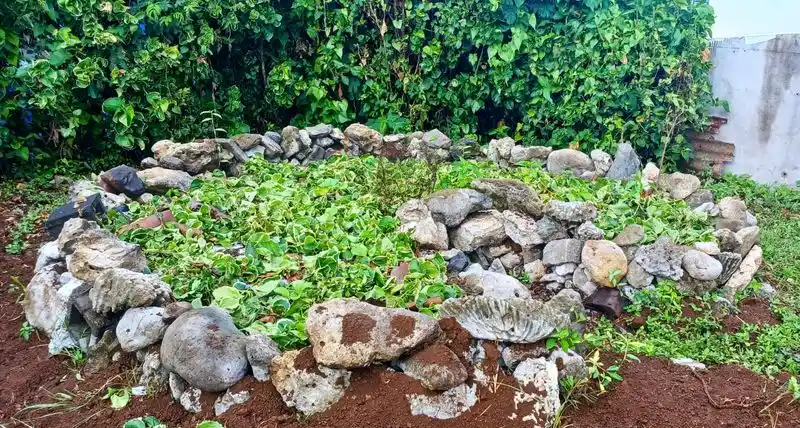
Tending to a keyhole garden can greatly enhance mental well-being, offering a peaceful escape from the stresses of daily life. The act of gardening promotes mindfulness, allowing you to connect with nature and find tranquility. Engaging with plants can reduce anxiety and improve mood, providing a therapeutic outlet. The structured environment of a keyhole garden simplifies gardening tasks, reducing overwhelm and fostering a sense of accomplishment. This connection to nature and the rhythm of plant growth offers a unique form of relaxation, contributing positively to mental health and overall well-being.

